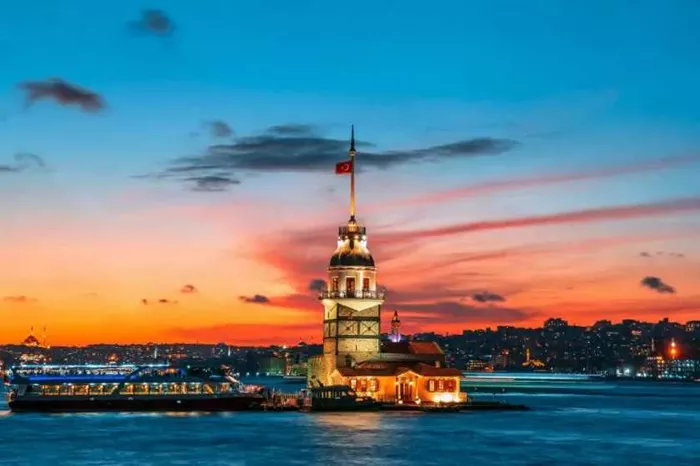The tourism sectors in Turkey and Azerbaijan are facing significant challenges following a sudden travel boycott by Indian tourists. This move is a direct response to escalating geopolitical tensions between India and Pakistan, with both Turkey and Azerbaijan perceived to have sided with Pakistan. As a result, Indian tourist arrivals and bookings have sharply declined.
Strong Growth Before the Boycott
India had emerged as a rapidly growing source market for both countries. In 2024, Turkey welcomed approximately 274,000 Indian visitors—a 20.7% increase from 2023—driven by improved air connectivity, targeted marketing campaigns, and Turkey’s rising popularity as a destination for Indian weddings and MICE (Meetings, Incentives, Conferences, and Exhibitions) events, according to Govind Gaur, CEO of travel platform WanderOn.
Likewise, Azerbaijan saw 243,589 Indian tourists in 2024, making India its third-largest source market. Indian travelers contributed significantly to Azerbaijan’s economy, spending an average of 2,170 Azerbaijani Manat (around $1,280 USD) per visit, mainly on transport (54%), accommodation (19%), and food (16%).
These figures are consistent with official government data, with Turkey’s Ministry of Culture and Tourism highlighting India as a key emerging market, and Azerbaijan’s State Tourism Agency actively promoting arrivals from India through bilateral efforts.
Current Outlook
The boycott presents a substantial setback for both nations, disrupting growth trajectories and economic gains tied to Indian visitors. The evolving geopolitical landscape underscores the vulnerability of tourism sectors to international political dynamics, particularly when major source markets are affected.

